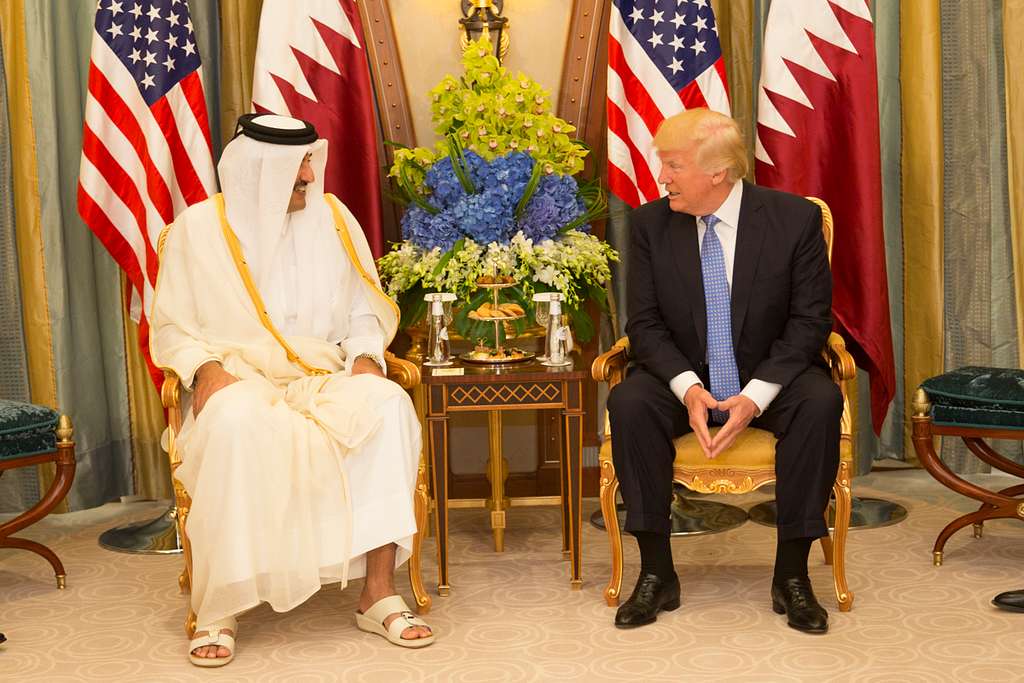In 2016, Hillary Clinton’s use of a private email server became a defining controversy in American politics, extensively investigated by Republicans and dominating media coverage. Nearly a decade later, in 2025, a similarly troubling but potentially more damaging security lapse occurred under Donald Trump’s administration, with senior officials inadvertently leaking sensitive military plans concerning Yemen via a private Signal group chat.
Clinton’s case, which involved the use of private email for official correspondence, resulted in a high-profile FBI investigation. Although FBI Director James Comey delivered a severe public rebuke, stating that Clinton had indeed mishandled classified material, he concluded no criminal charges were warranted. Republicans relentlessly portrayed Clinton’s actions as criminal negligence, with Donald Trump famously fueling campaign rallies with chants of “Lock her up!”
The media heavily amplified this controversy. Analyses by Columbia Journalism Review and others revealed that mainstream outlets, notably The New York Times, provided extensive front-page coverage to Clinton’s emails, often overshadowing critical policy discussions. Critics argued this coverage significantly influenced public perception, particularly regarding Clinton’s trustworthiness, ultimately impacting the 2016 election outcome.
In contrast, the Trump administration’s 2025 security breach was remarkably different in both its details and immediate consequences. Senior Trump officials, including Defense Secretary Pete Hegseth and Director of National Intelligence John Ratcliffe, inadvertently disclosed sensitive military operational details regarding the Yemen conflict through an insecure messaging platform. Though officials like Ratcliffe dismissed concerns by claiming “no classified information was included,” subsequent reporting by The Atlantic revealed precise targeting and weaponry details were indeed shared, prompting congressional inquiries and a Department of Defense investigation.
The political reactions starkly mirrored those of Clinton’s email saga, but with roles reversed. Democrats immediately seized on the Yemen leak, characterizing it as “astonishing,” “blatantly illegal,” and a significant breach of national security. Representative Gregory Meeks and Senator Elizabeth Warren led Democratic calls for accountability, underscoring the hypocrisy of Republicans who had previously condemned Clinton but now downplayed Trump’s security lapse.
Republicans, once fierce critics of Clinton’s email controversy, largely sought to minimize or avoid addressing the Yemen incident. Senator John Cornyn acknowledged it as “a huge screw-up” but implied it was simply a regrettable oversight. House Speaker Mike Johnson similarly framed the incident as minor, focusing instead on the success of the Yemen military strikes.
The disparity extended to media coverage, with conservative outlets giving limited attention to the Trump officials’ breach compared to their sustained focus on Clinton’s emails. Notably, Trump’s administration aggressively dismissed criticism, with Defense Secretary Pete Hegseth explicitly denying any wrongdoing and accusing journalists of dishonesty—a stark reversal from his previous harsh criticism of Clinton’s email practices.
Notable political figures have underscored these contrasting responses. Hillary Clinton herself reacted sarcastically, highlighting the irony of the Trump officials’ security breach. Former National Security Advisor Susan Rice called the incident “insane,” emphasizing the unprecedented nature of such a lapse among senior national security officials. Senator Mark Warner also highlighted the gravity of the breach, stressing potential life-threatening consequences.
Ultimately, the starkly contrasting responses and coverage of these two incidents illustrate a troubling double standard in U.S. political and media landscapes. The Clinton email controversy dramatically shaped political discourse and perceptions of trustworthiness, while the Trump administration’s more direct and potentially harmful security lapse has, at least initially, received far more muted scrutiny from Republicans and conservative media.
This discrepancy reveals how partisan politics profoundly influence perceptions and narratives around national security, raising critical questions about accountability and consistency in addressing such severe breaches at the highest levels of government.
Author
Discover more from The Crustian Daily
Subscribe to get the latest posts sent to your email.













